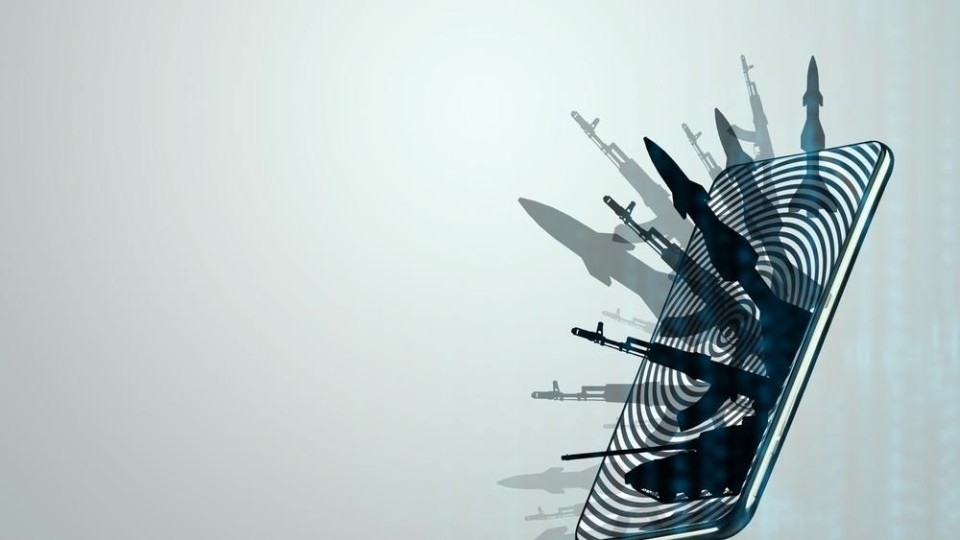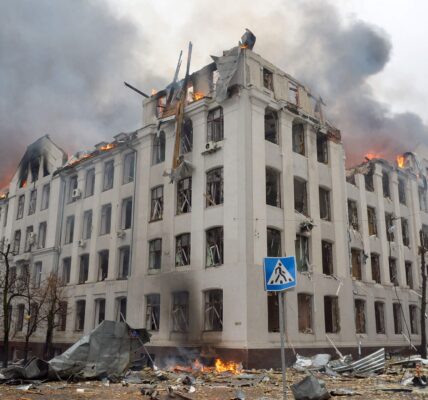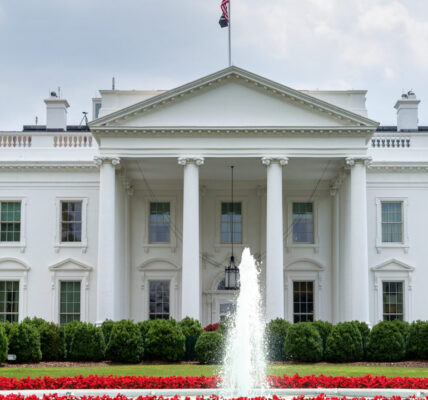AI for Good: Ukraine deploys a new “tool” in its fight against disinformation

Ukraine has launched an internet-based tool to expose propaganda and help counter Russian disinformation, according to Volodymyr Borodiansky, media executive and former Ukrainian Minister of Culture, Youth and Sports. War of Words uses artificial intelligence (AI) to analyse over 100,000 hours of video content across Russian political talk shows and news content.
The tool, which is updated daily, tracks everything that has been said on Russian TV, Telegram channels, and RuTube, since 2012. This gives users easy access to a vast archive which can be searched by keyword, and filtered by date, media type, source, program, speaker, and more.
Volodymyr Borodiansky, founder of the War of Words project, said: “Every second Russia generates hundreds of units of propaganda. Disinformation precedes all wars started by an aggressor country – in Ukraine, Syria, Georgia – this is evidenced by the analysis of information campaigns against each of these countries.
“Russia is applying the same means of propaganda against some EU and NATO member countries, who may become next on this list.”

The launch of the tool is particularly timely given recent reports of information campaigns against the EU. EUvsDisinfo, a project from the European Union that identifies, analyses, and raises awareness of disinformation, recently found that pro-Kremlin outlets targeted European Parliament elections to smear leaders and spread disinformation. They reported efforts to dismiss the results of the European elections which took place 6-9 June and create divisions.
A EUvsDisinfo report stated: “Russian officials sought to exploit the elections to fuel political instability, urging leaders like Macron and Scholz to resign. Other pro-Kremlin outlets sought to dismiss the elections by framing them as a referendum on support for Ukraine, predicting an imminent collapse of the West.”
The European Council on Foreign Relations (ECFR) also recorded a surge in Russian disinformation ahead of the election. Irene Sánchez and Giorgos Verdi, experts at ECFR, gave examples of fake news narratives in a recent report, which included: “‘Unprecedented migration flows’ in Bulgaria and foreigners ‘assaulting people’ on the streets of Sofia, or photos falsely claiming to show Slovakian prime minister Robert Fico’s alleged attacker alongside the leader of the opposition party’s father.”

Ian Garner, a historian and translator of Russian war propaganda, said there are increasing signs of Russian influence operations deeply infiltrating Western politics and society.
The Russian government spending tens of billions of rubles every year to spread pro-Kremlin narratives both domestically and internationally. According to Debunk, a disinformation analysis centre, the Kremlin allocated $1.6 billion on propaganda.
Volodymyr Borodiansky said: “To effectively respond to Russian aggression, we have created a tool that will help policymakers, diplomats, media, and researchers clearly identify how Russia threatens the peaceful existence of the world.”
According to the website: “War of Words is the only tool that allows the audience to conveniently and quickly find out what is being said about their country on Russian political talk shows and in the news – in English and in the original language.”
The War of Words team plans to expand the tool’s functionality by adding the ability to generate daily reports, and to monitor activity such as hatred towards selected countries or personalities.


























































































































































































































































































